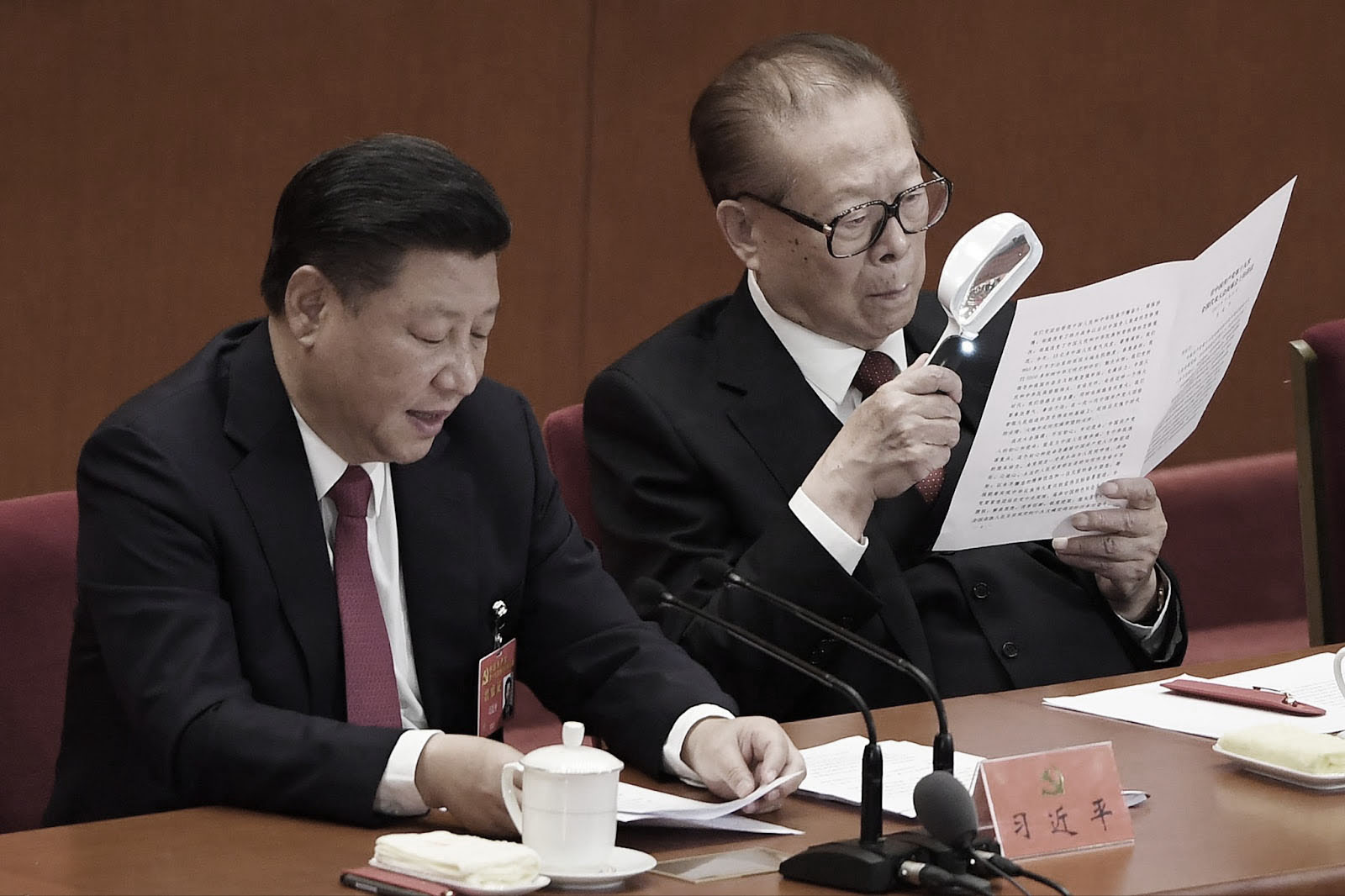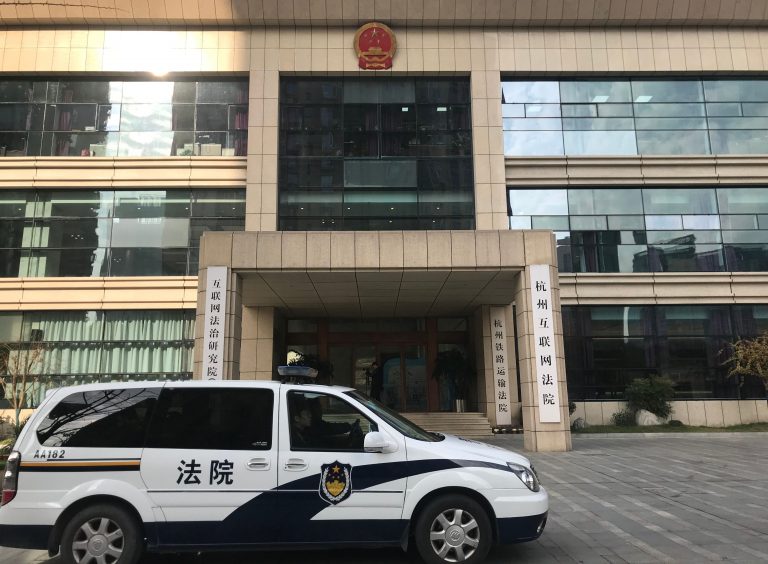Peng Bo, former deputy chief of the Chinese agency tasked with managing the internet, has been expelled from the Communist Party and is facing a trial for corruption, according to the party’s top anti-graft body.
“The Central Commission for Discipline Inspection (CCDI) accused Peng Bo, 64, of disloyalty to the party and failing to supervise the internet industry when he was the deputy chief of the Cyberspace Administration of China,” South China Morning Post (SCMP) reported.
Peng had previously been placed under investigation this March.
In a statement, the commission asserted that “investigations have found that Peng Bo has lost faith and was disloyal to the party,” adding that, “he also used his authority for his personal gain, sought benefits from internet companies, resisted investigations by the party and engaged in superstitious activities.”
Allegations that he violated the “eight-point requirements” by accepting invitations to extravagant banquets and dinners were also tabled.
Success
You are now signed up for our newsletter
Success
Check your email to complete sign up
The eight-point austerity rules, or “requirements” were put in place by the Politburo of the CPC Central Committee in December of 2012. The aim of the rules was to reduce bureaucracy, extravagance and undesirable work practices of Party members.
Factional struggle
Peng spent the early half of his career in the propaganda wing of the Communist Youth League which marked him as an associate of former Chinese Communist Party (CCP) leader Jiang Zemin.
During the Jiang era, very few officials were able to rise to senior positions in the CCP’s propaganda apparatus without the Jiang faction’s trust and approval. Peng’s career trajectory indicates that Peng almost certainly was a part of the Jiang faction, according to a previous analysis by SinoInsider, a political risk consultancy.
Thousands of officials tied to Jiang, who dominated Chinese regime politics from 1997 to the rise of Xi Jinping in 2012, have been purged in the new leader’s various anti-corruption campaigns.

However, the Jiang faction still has strong influence in China and interferes with Xi’s attempts to consolidate authority in the Party, suggesting that the charges levied against Peng go beyond mere corruption.
At one time, Peng Bo was the deputy head of the “610 Office,” a body set up by Jiang in 1999 to coordinate the nationwide persecution of Falun Gong, a popular spiritual practice.
Peng also once worked under Lu Wei, former internet tsar, who was jailed for 14 years in 2019 after pleading guilty to bribery charges. Lu’s sentence may be an indication of what Peng Bo will have to contend with following his corruption trial.














